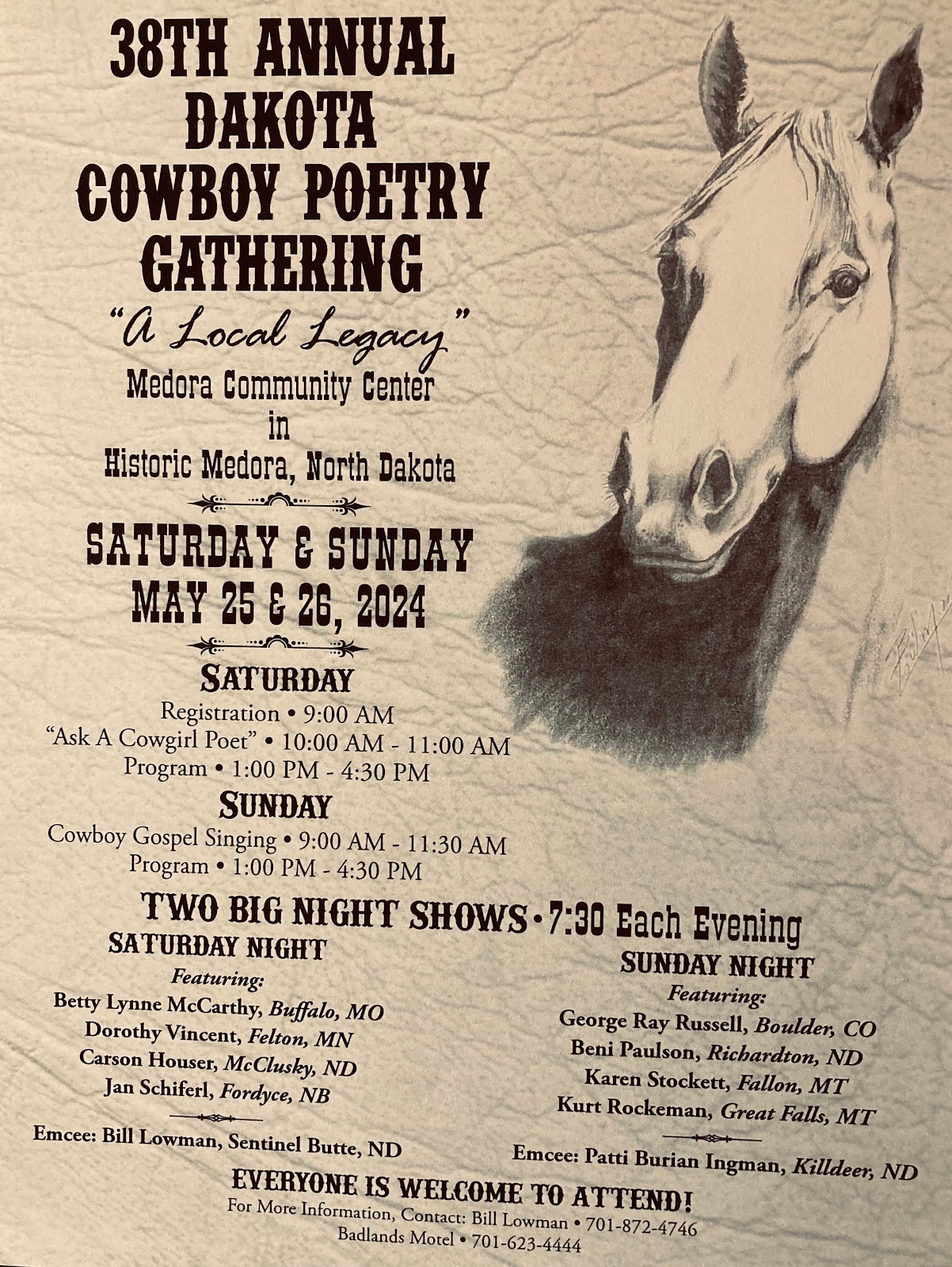One day while wandering through the public radio archives of Dakota Datebook, I stumbled on a
title that made me stop and open “The Father of Macaroni Wheat.” It featured a man with the
familiar surname of Hitchcock, Charles A. Hitchcock from Buttzville who died in 1909.
To be called the father of anything besides his own children means he accomplished something
out of the ordinary. I didn’t know the story, but with a little digging it soon unfolded. In 1882 a
man named Christian came down from Canada to help with haymaking at Hitchcock’s farm. For
a reason of his own, the Canadian’s baggage included a small sack of what he called “rice
wheat.” However, he was soon called home to Canada to look after his ailing wife while leaving
something behind, that bag of wheat.
The Datebook story drew heavily from the evening edition of The Fargo Forum, January 22,
1907, which gave a more complete account. The article’s writer stated that Mr. Hitchcock threw
the sack in the corner of an old shack and promptly forgot about it. Remember the story was
written 115 years ago and the article contained what might be construed today as sexist language.
It reported, “In the spring of 1885 Mrs. Hitchcock like all good housewives was seized with one
of those characteristic feminine fits of thorough housecleaning.”
She cleaned out every nook and corner of the shanty until coming upon the sorry looking sack of
wheat on which mice had feasted. Luckily her husband interceded before she threw it away
because he was struck by the quality and large size of the few undamaged kernels. Able to
salvage about a teacup full, he planted them in his garden and harvested nearly two quarts which
he replanted next season. Those kernels yielded a bushel and a half, and he “kept on growing it
until in 1891 he harvested 1,600 bushels from forty acres.”
He shared his bounty with friends and neighbors by giving them seed to try. Roadblocks were
encountered. After selling a load to Colton’s Mill at the price of No. 1 Hard, Colton’s miller did
not succeed in making good flour. Elevators called it goose wheat and would buy it at feed prices
only. Fortunately, the local market for durum grew and thrived. In the present day North Dakota
often receives the honor for being Durum Wheat’s largest producing state.
But wait, there’s more to the story. A. H. Laughlin, the profuse historian and promoter from
Ransom County, authored the newspaper article in The Forum. We note that Laughlin was
elected Commissioner of Agriculture and Labor in 1894 from which he became a cheerleader
for the area. Was it he who hung the title of “Father of Durum Wheat” on Mr. Hitchcock?
Technically, the “father” appellation is somewhat of a misnomer since durum originally came
from Russia, and then made its way to Canada. Remember those seeds were brought by a hired
hand from Canada. Nevertheless, Hitchcock’s resolve must be credited for the interest, even
resolve, he took in propagating it in this country.We’re not done yet. There was a man named
James A. Gates whom Laughlin called the “Father
of Macaroni Flour.” Gates, a miller, worked Colton’s mill and had set his mind to making good
flour. He succeeded in being the first miller in the region to make bread flour from macaroni
wheat. In 1889, Hitchcock took a load to him and asked Gates if he could make good flour. Gates
milled it and took a sample home to his wife who baked bread and reported it was “fine and
dandy.”
He ground nearly 2,000 bushels of it the next year for shipment, but their commission firm in
Chicago condemned it on account of its yellowish tinge. So they proceeded to sell it to local
consumers. Gates went on to work at the Walker’s mill in Fort Ransom and ground wheat to fill
their “Hold the Fort” brand flour sacks.
Local milling was common and many towns had a miller. A prominent name in the early county
history of Owego was Arntson, one of whom, Andrew, left us with written history about his
experience. In it he describes his journey by ox team: “An annual trip was made to the mill,
located at Lisbon in the fall one year, taking up a load of wheat and bringing back a year’s supply
of flour.” We learned from the quote that wheat was being sown and harvested at the early date;
pioneers worked hard at providing their own foodstuffs.
Laughlin concluded his article in the Fargo Forum by writing “The names of Charles Hitchcock
and J. A. Gates should be entered on the annals of history as public benefactors.” The Farmers
Union Grain Terminal Association saw fit to honor with a plaque stating “Charles Hitchcock in
1884 grew the first field of Amber Durum Wheat on the farm in Section 12 of Casey Township.
He thus introduced a crop of unique importance to the farmers of this state and the nation.”
Needless to say, durum makes ideal macaroni. On the backside of a box of a Creamette
macaroni box the company gave credit to Mr. Hitchcock saying what began so humbly years ago
is now the basis for several major industries that grow, process, package and ship pasta and
durum products around the world.






